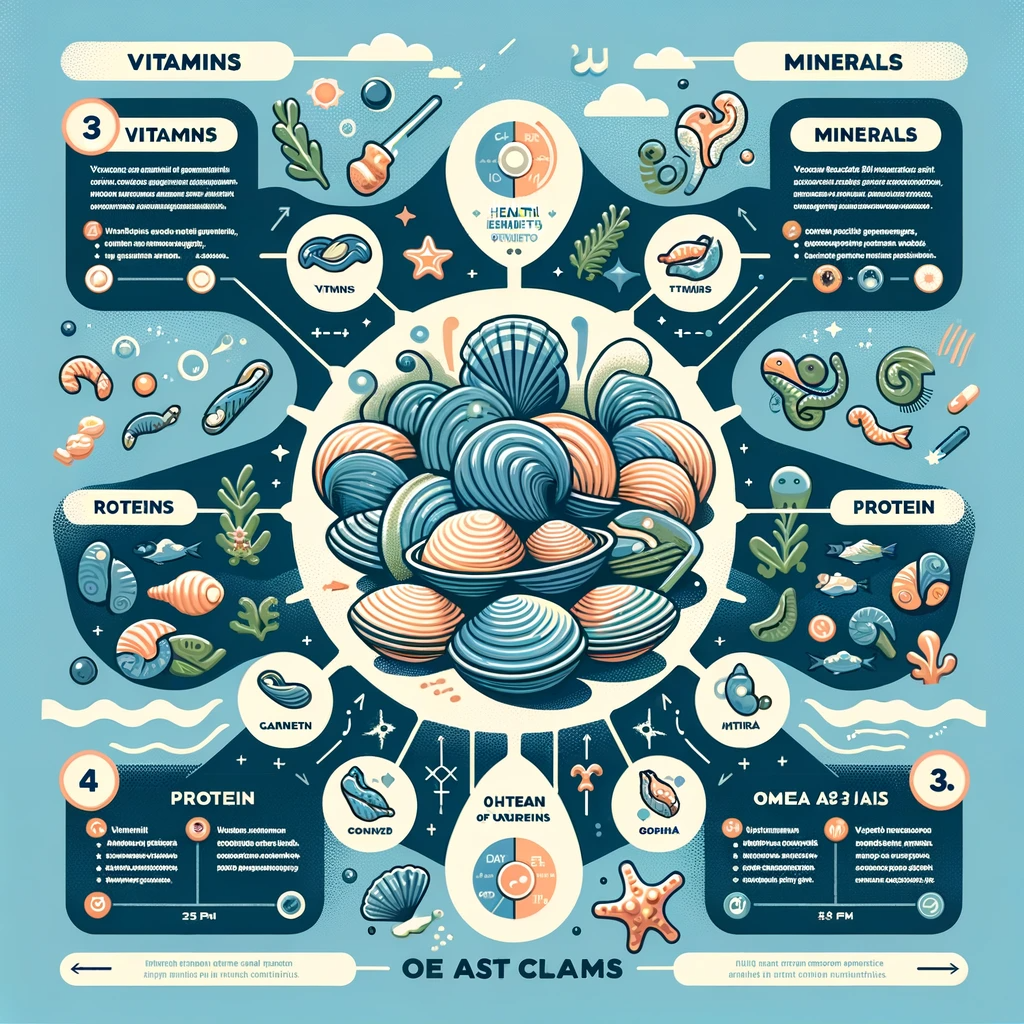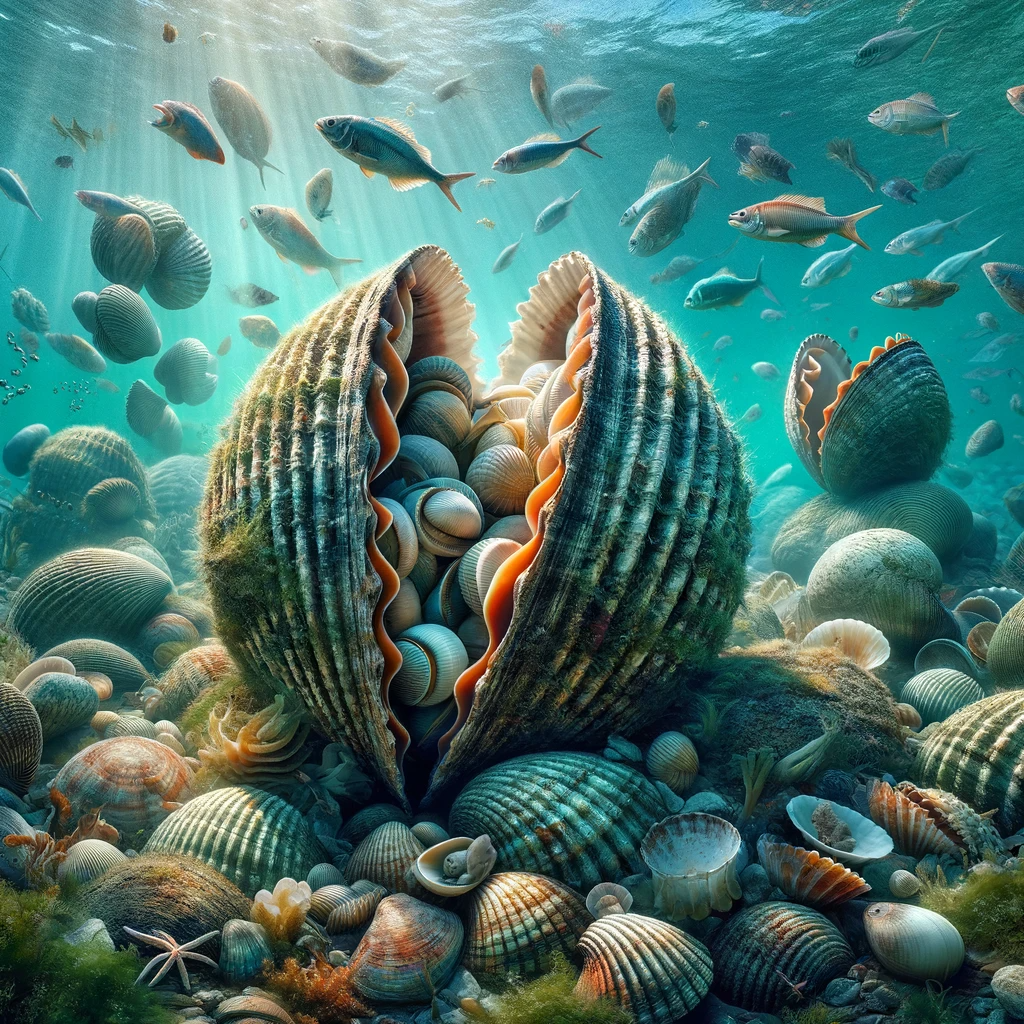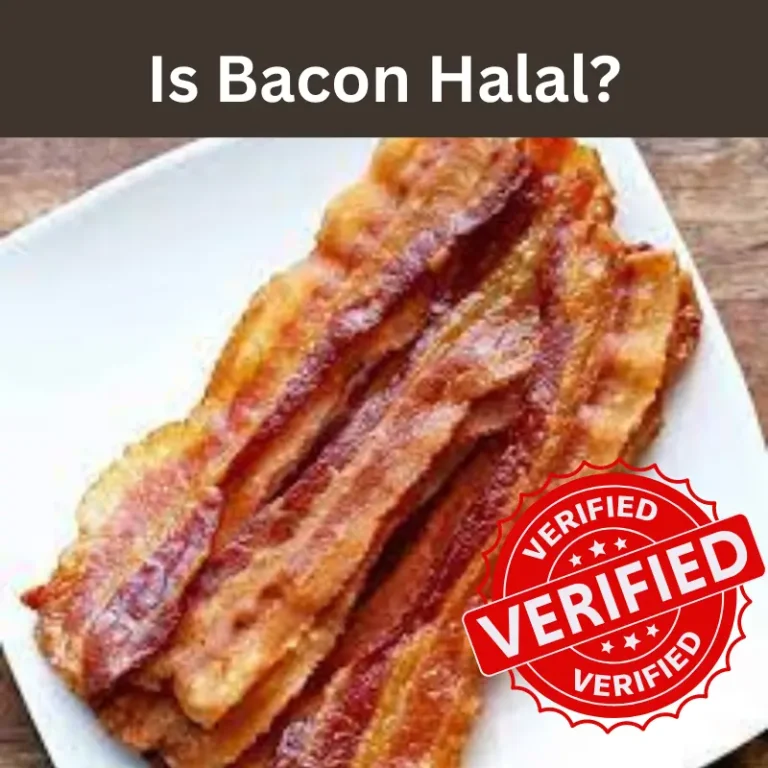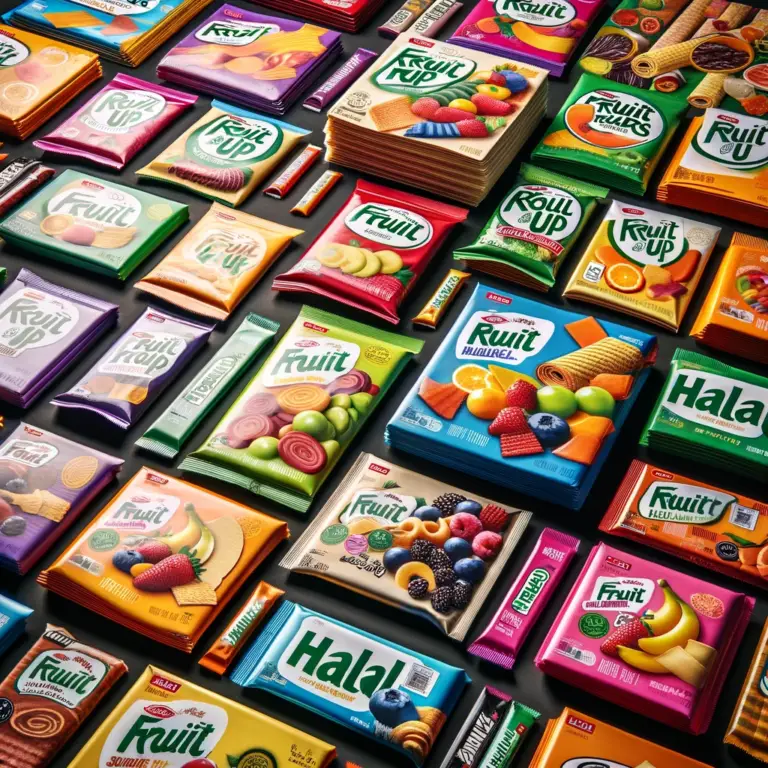Are Clams Halal?
Clams are a type of shellfish that live in saltwater habitats like oceans, bays, and estuaries. They have a two-part shell, a muscular foot, and filter seawater for food. There are over 15,000 different species of clams worldwide, and they are eaten in many cuisines. However, there is some debate over whether clams are halal to eat according to Islamic law. This article will investigate if clams are permissible for Muslims to consume.
What Defines Halal Food in Islam?
According to the Quran, there are three categories that define whether a type of food is halal:
- Land animals – They must be slaughtered according to Islamic ritual zabiha guidelines in order to be considered halal. All kosher land animals are halal.
- Aquatic animals – They are considered inherently halal as long as they do not cause harm. This general ruling includes fish with scales.
- Other animals like insects – They are considered haram unless an exception exists.
The main standard for halal seafood is that it must come from an aquatic animal and that aquatic animals are deemed halal by default. However, there is still debate over whether all types of sea creatures are actually permissible, especially shellfish like clams.
The Hadiths on Eating Clams
There is no clear consensus about eating clams among Islamic schools of thought since they are not directly mentioned in the Quran. As a result, the permissibility of clams largely comes down to analysis of various hadiths (sayings and traditions of the Prophet Muhammad).
Here are two key hadiths that address shellfish consumption:
Permissible Hadith
“Sea water is pure and what dies in it is lawful to eat” (Mustadrak al-Hakim)
This hadith indicates that aquatic animals found in the ocean and rivers are considered pure and allowable to eat. Clams live in fresh and saltwater habitats, so they would qualify based on sea water purity.
Impermissible Hadith
“Two types of dead meat and two types of blood have been made lawful for our consumption: Fish and locust and liver and spleen.”
This hadith only mentions fish (those with scales) as halal seafood. The absence of shellfish may imply they are haram.
Based on these contradictory statements, Islamic legal schools have differing opinions on shellfish permissibility.
Views of Major Islamic Legal Schools
The four major Sunni schools of Islamic jurisprudence have various rulings on clam consumption:
| Legal School | View on Clams |
|---|---|
| Hanafi | Makruh tahrimi (strictly dislike but not haram) |
| Maliki | Halal due to the sea water hadith |
| Shafi’i | Depends on if they are classified as fish. If so, halal. If not, haram. |
| Hanbali | Haram due to lack of scales |
The Hanafi school is the most cautious, considering clams makruh rather than outright forbidden.
The Maliki school classifies them as halal based on the “purity of sea water hadith.”
The Shafi’i school’s ruling depends on if clams qualify as fish. If clams are fish, they are halal. If not, haram.
Finally, the Hanbali view aligns with the restrictive hadith that only allows fish with scales. Under this interpretation, clams would be haram.
Do Clams Qualify as Fish?
Part of determining if clams are permitted depends on if they meet the characteristics of fish, which are halal by default. There is linguistic and biological evidence to analyze here.
Linguistically, in Arabic the word “fish” (samak) refers to aquatic animals. In terms of language, clams could qualify.
But biologically, clams and shellfish lack fins and scales which are distinct fish features. From this perspective, one could argue clams differ too much anatomically to be classified as “fish.”
Overall there is ambiguity if clams qualify as fish, which influences if they should be considered halal food for Muslims. Those who argue clams resemble aquatic animals enough may rule they are permissible, while those who focus on anatomical differences may prohibit clams for lacking distinct fish features like scales.
Contemporary Islamic Opinions
Due to the diversity of interpretations on shellfish permissibility based on source texts and analogical reasoning, contemporary Islamic scholars differ in their rulings:
Scholars Who Permit Clams
- Yusuf al-Qaradawi – Prominent Egyptian Islamic theologian. Permits all shellfish from the sea.
- Muhammad Sa’id Ramadan al-Buti – Influential 20th century Syrian scholar. Argued the default ruling is permissibility for all seafood whether it resembles fish or not.
- Zakir Naik – Leading international Islamic preacher. Cites the sea water hadith as grounds for allowing shellfish like clams, oysters, shrimp and lobster.
Scholars Who Prohibit Clams
- Abdullah Ibn Jibreen – Saudi Arabian scholar who served on the Permanent Committee for Scholarly Research and Ifta’. Prohibited clams based on them lacking scales.
- Muhammad ibn al Uthaymeen – Influential late 20th century Saudi scholar. Argued that only fish with scales are halal, which precludes clams.
- Abdur Rahman Ibn Nassir as-Sa’di – Important 20th century Saudi scholar from Hanbali school. Stated all shellfish are forbidden under Hanbali fiqh interpretations.
Nutritional & Health Benefits of Clams

Clams provide a variety of vitamins, minerals, antioxidants and protein:
- Excellent source of vitamin B12. Just 3 ounces contains over 1600% the RDA of B12 which promotes red blood cell and DNA production.
- High levels of iron, with 28 grams containing 98% of the daily iron requirement. Iron carries oxygen, boosts immunity and aids enzyme function.
- Good source of protein; 28 grams offer 34 grams of protein to support muscle growth and function.
- Rich in vitamin C, zinc and magnesium which boost immunity, heart health and energy levels.
- Contains omega-3 fatty acids like EPA and DHA that have anti-inflammatory effects to lower risk of chronic disease.
In terms of health benefits, early research indicates clams may:
- Lower blood pressure
- Reduce risk of heart disease
- Provide anti-cancer antioxidants
- Support eye health and prevent macular degeneration
- Boost cognitive function and memory
The beneficial vitamins, minerals and antioxidants clams provide support their halal status for those who argue their permissibility. If clams were strictly haram as some claim, it raises the question why Allah would create such nutritionally dense seafood.
Contemporary Community Views on Eating Clams
Despite scholarly disagreement over clam consumption, views in Muslim communities seem to be shifting toward acceptance of shellfish as halal:
- Growing Muslim populations in Southeast Asia (Indonesia, Malaysia, Singapore) have cultural traditions of eating shellfish without considering it haram.
- Muslim culinary celebrities and halal food companies endorse shellfish like clams and shrimp as halal due to purity of oceans.
- Practical considerations like clams being the only food source in isolated northern regions make strict prohibition difficult.
- Health benefits and scientific evidence of high nutritional value sway some opinions toward permissibility.
While Islamic legal rulings often prohibit clams, general Muslim cultural attitudes demonstrate more flexible stances on shellfish consumption in contemporary contexts.
Verdict: Are Clams Halal or Haram?
There is legitimate evidence on both sides of the clam debate. Ultimately whether clams are permissible depends on prioritizing different interpretations and legal philosophies within Islamic law.
For scriptural literalists who only follow Quran and sahih hadiths word-for-word, there tends to be more prohibition of clams due to lack of clear textual evidence confirming their allowability.
For intellectual rationalists who use reason and scientific evidence, clams are generally ruled as permissible due to purity of ocean water, health/nutritional benefits, and contemporary cultural shellfish eating practices.
In light of differences between scholarly opinions historically and currently, the strongest Islamic legal stance seems to be:
Clams are makruh tahrimi – disliked but not expressly forbidden. Their ambiguous status allows room for differences in community interpretations and traditions.
While the debate over clam halal-status continues, the growing tendency is shifting toward acceptance as seen across Muslim culinary culture. Allah knows best about which sea creatures are blessings for human health and consumption. For believers confronting this issue, it is most important to follow your personal spiritual convictions.
“Eat from the good and lawful things Allah has provided for you, and be grateful for the blessing, if it is Him you worship” (Quran 16:114).
Conclusion
This article has analyzed different perspectives on whether clams are halal to eat in Islam. The main points include:
- There are contradictory hadiths stating seafood is both halal and haram.
- Islamic legal schools differ, ranging from makruh to halal rulings.
- It is debatable whether clams qualify as fish, which impacts their designation.
- Contemporary scholars remain split, though cultural trends lean toward permissibility.
- Given the ambiguity, classifying clams as makruh tahrimi allows for flexibility.
In the end, no outright prohibition exists and views seem to be liberalizing based on common shellfish consumption traditions paired with scientific knowledge of health benefits.
For believers seeking guidance, sincere intention and personal conscience matter most when approaching this lawful gray area of Islamic diet regulations. And Allah knows best.








